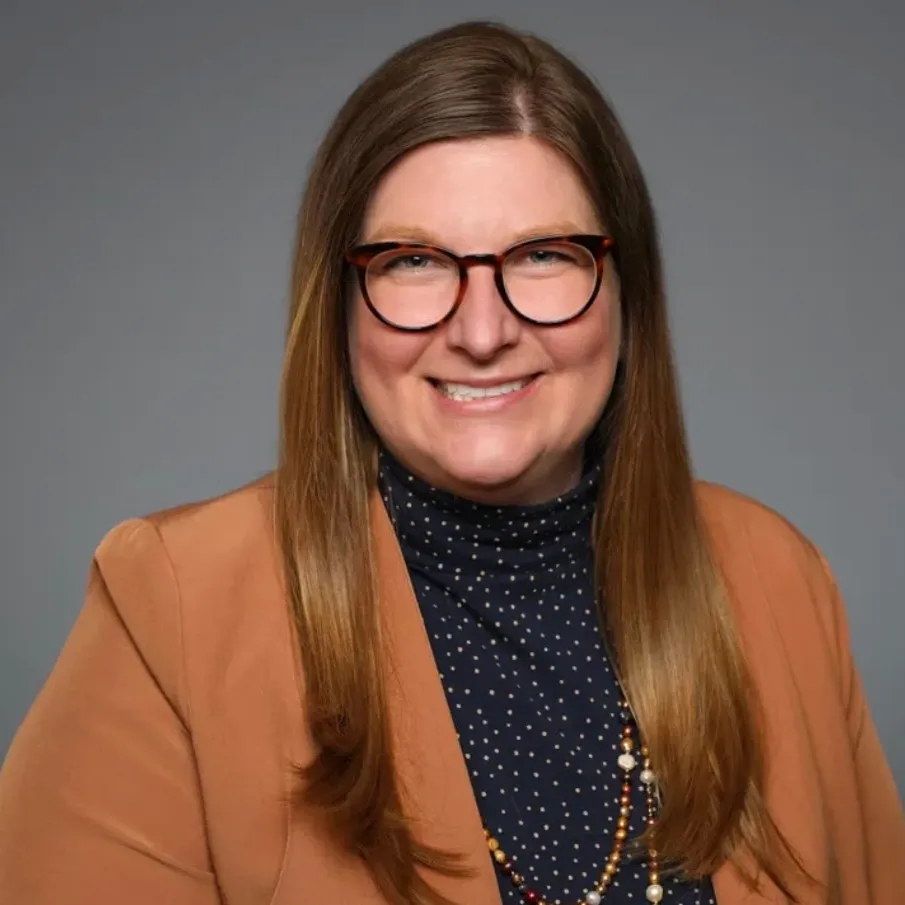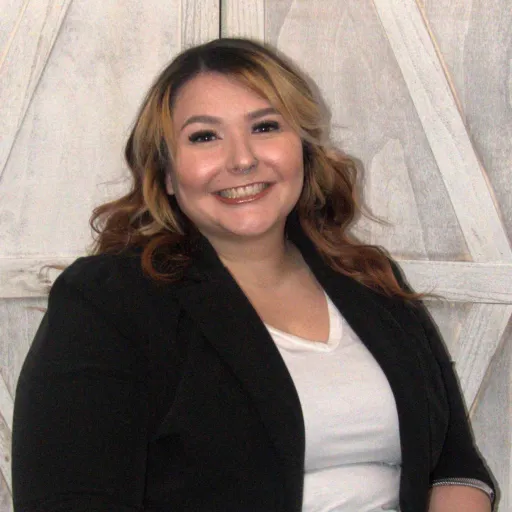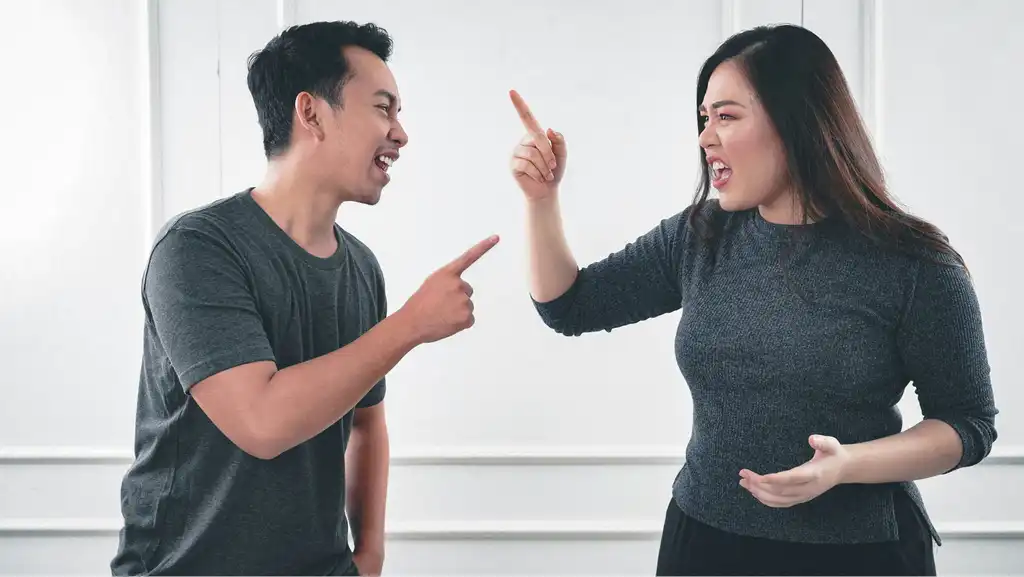
Understanding Emotional Unavailability and Its Impact on Relationships
Emotional unavailability can create challenges in relationships
What Does Emotional Unavailability Mean?
Emotional unavailability refers to a person’s difficulty in expressing or engaging with their emotions. This can stem from various factors, including past trauma, fear of intimacy, or personal insecurities.
Common Causes of Emotional Unavailability
Past experiences, such as previous relationship trauma or family dynamics, can contribute to emotional unavailability. Understanding these causes can help in addressing and overcoming them.
Signs an Emotionally Unavailable Man Is in Love with You
Recognizing signs of love from an emotionally unavailable man
He Makes Time for You Despite His Busy Schedule
Even with a hectic life, if he prioritizes spending time with you, it’s a strong sign of his affection. This effort shows that you are important to him.
He Opens Up About Personal Issues
Sharing personal struggles or insecurities indicates a level of trust and vulnerability, which often reflects deep feelings for you.
He Shows Consistent Support During Tough Times
Providing support when you face challenges demonstrates his commitment and care, suggesting genuine love and concern.
He Shows Affection in His Own Way
Emotional unavailability doesn’t mean a lack of love. He may show affection through actions rather than words, like thoughtful gestures or small acts of kindness.
He Talks About the Future with You
Discussing future plans together signifies a desire for a long-term relationship, indicating that he values your presence in his life.
Meet Our Expert Therapists Specializing in Relationship Counseling
Our compassionate team is here to support your journey of healing and understanding in relationships.
Meet Some of Our Expert Therapists

Precious Bradley
I bring a unique approach to my clinical work, empathizing with vulnerability as a key aspect, complemented by a strong sense of empathy and curiosity. I have a deep passion for the therapeutic process and a firm believer in the transformative power of change. I have spent years working with folks who are struggling with many different mental health issues.
View Precious's Profile
Tom Malczyk
I provide a compassionate, warm, and easy going approach to therapy. My role is to help you define, navigate and overcome the obstacles holding you back from living your most authentic and meaningful life. It is an honor to walk beside each client on their journey of self-healing, restored balance and renewed connection.
View Tom's Profile
Lauren Campbell
Seeking therapy can be intimidating. I pride myself on being warm, relatable, and friendly. I see my role as therapist to listen, teach, and work collaboratively with each client to achieve our formulated shared goals.
View Lauren's Profile
Hilary McEvoy
Navigating life's complexities can be overwhelming, but you don't have to do it alone. As a seasoned therapist with over a decade of experience, I am dedicated to providing a safe, supportive environment where you can explore your thoughts and feelings. My client-centered, strength-focused approach ensures that we work collaboratively to create personalized strategies that align with your goals and aspirations.
View Hilary's Profile
Ashely Hartell
I believe that every person should talk with a therapist at least once in their lifetime. Everyone deserves to have a neutral party to listen to their stressor, and to help them develop healthy ways to cope.
View Ashely's ProfileHow to Handle a Relationship with an Emotionally Unavailable Partner
Managing a relationship with an emotionally unavailable partner requires clear communication and healthy boundaries.
Communicating Your Needs Clearly
Being open about your needs and feelings is crucial. Honest communication helps both partners understand each other better and work towards solutions.
Setting Healthy Boundaries
Establishing boundaries ensures that your emotional needs are respected while maintaining a healthy relationship dynamic.
Encouraging Professional Help if Necessary
If emotional barriers persist, therapy can provide valuable tools and support for both partners to address and overcome these issues.
When to Seek Professional Guidance for Relationship Issues
Understanding when to seek help is important for resolving relationship challenges effectively.
Signs That Professional Help Might Be Needed
If communication is consistently problematic or emotional issues are not improving, it may be time to seek the assistance of a therapist.
How Therapy Can Help Both Partners
Therapy can provide a structured environment for addressing emotional issues, improving communication, and fostering healthier relationships.
Insurance Coverage Made Simple
We accept most major insurance plans and offer low self-pay rates to ensure quality care is accessible to everyone. Your well-being is our priority, and we're here to help regardless of your financial situation.
FAQ: Common Questions About Relationship Issues
What are signs an emotionally unavailable man is in love with you?
How can I tell if an emotionally unavailable man is genuinely interested?
Is it possible for an emotionally unavailable man to change?
How should I handle frustration with an emotionally unavailable partner?
What should I do if I feel like I'm not getting enough from an emotionally unavailable man?
Can an emotionally unavailable man still have a successful relationship?
What are common causes of emotional unavailability?
How can therapy help an emotionally unavailable man?
Related Articles

Am I the Problem? Insights Into Relationship Issues
If you're questioning if you're the problem in your relationship, this guide helps identify key issues and offers ways to improve your situation. Understand and address the challenges you face.

Emotionally Unavailable Men: Understanding and Coping
Is he emotionally distant? Learn to recognize signs of emotional unavailability in men, understand its causes, and explore healthy coping strategies.

Feel Guilty To Reach Out After a Breakup? You're Not Alone
Feeling guilty after a breakup is a common experience. Integrative Family Counseling offers support. Find a therapist in Dupage County, IL today.

How Long Does It Take to Get Over a Breakup? How to Heal and Move On
Learn how long it takes to get over a breakup and explore the emotional healing process. Find out how therapy can support your recovery and help you move on.



